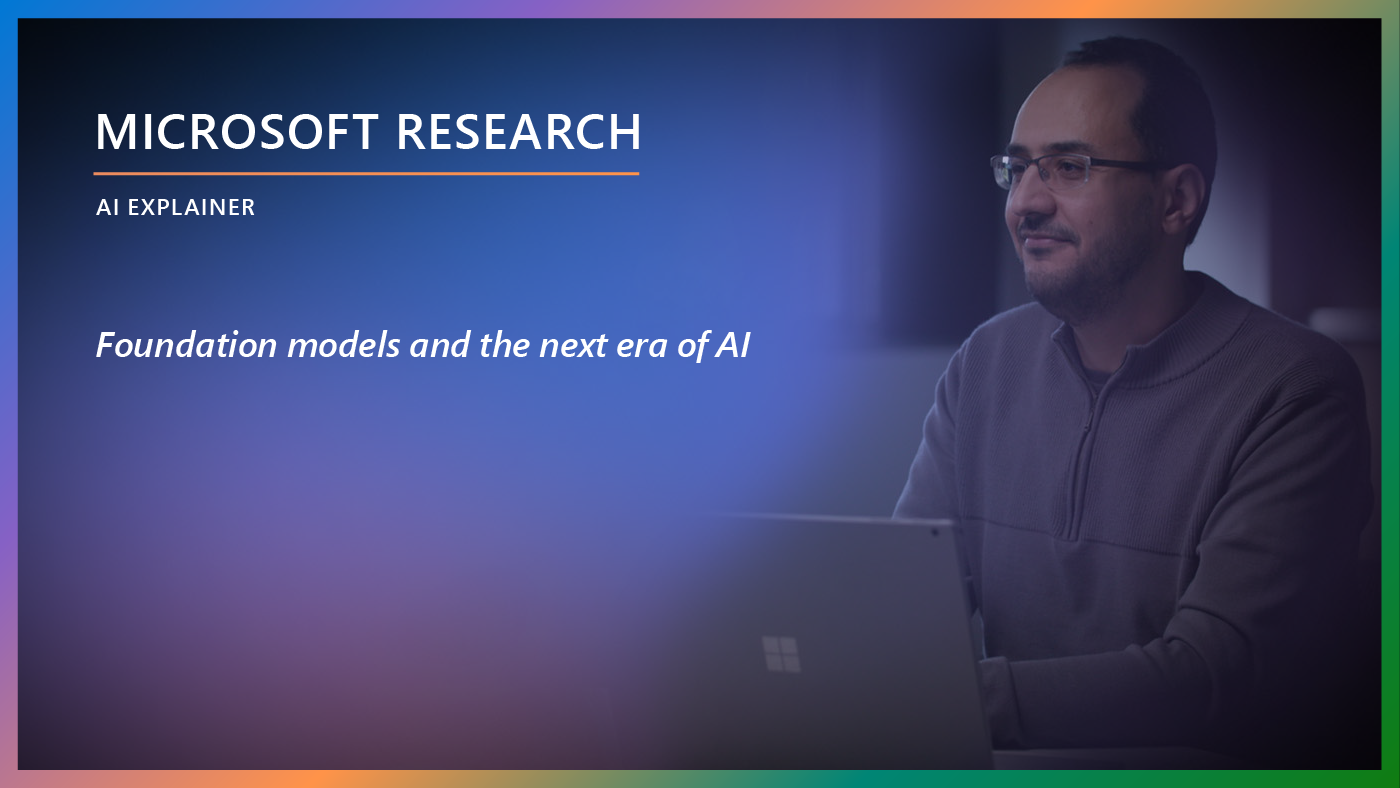
Welcome to Research Focus, a series of blog posts that highlights notable publications, events, code/datasets, new hires and other milestones from across the research community at Microsoft.
NEWS
Bing’s gendered translations tackle bias in machine translation
Machine translation (MT) models are designed to learn from large amounts of data collected from real-world sources. However, this training data may contain implicit biases which may be amplified by the model. One such example is the expression of gender, which can vary widely across different languages. In English, the word “lawyer” can refer to either a male or female individual, whereas in Spanish, “abogada” and “abogado” are used to refer to a female and male lawyer, respectively. As a result, MT models often assign arbitrary genders to animate entities in the translated output, even when the source text does not imply a specific gender.
The Microsoft Translator team has released a feature on Bing Translator which will provide feminine and masculine translations for sentences that have gender neutral words such as “doctor” or “teacher” when translating from English to Spanish, French and Italian. Additionally, to support ongoing research and track progress towards reducing gender bias in MT, the team has published a technical paper outlining their evaluation methodology and test sets. These test sets comprise a linguistically diverse corpus of gender-ambiguous source sentences, along with multiple alternative target language translations.
AWARD
Microsoft researcher honored by Women in AI Netherlands
Rianne van den Berg, a Principal Researcher at Microsoft Research in Amsterdam, has won the AI Researcher award from Women in AI Netherlands.
Rianne was recognized for her work in deep learning and physics. The award announcement noted her published work in journals such as Nature Physics and Physical Review Letters as well as at prominent AI conferences, such as NeurIPS, ICML and ICLR. The organization also cited Rianne’s dedication to diversity and inclusion.
In her role on the AI4Science team at Microsoft Research, Rianne’s research focuses on the intersection between computational chemistry and deep learning, with an emphasis on modeling chemical reactions. Her prior research has spanned topics ranging from generative modeling and variational inference to source compression, graph-structured learning, and condensed-matter physics. She received her PhD in theoretical condensed-matter physics in 2016 at the University of Amsterdam, where she also worked as a postdoctoral researcher as part of the Amsterdam Machine Learning Lab (AMLAB).
Spotlight: On-demand video
AI Explainer: Foundation models and the next era of AI
Explore how the transformer architecture, larger models and more data, and in-context learning have helped advance AI from perception to creation.
INTERVIEW
Recognizing women in technology
Why are women underrepresented in STEM and AI and how can we close that gap? How is technology shaping society, from gender issues to creativity and collaboration?
Microsoft Research Principal Researcher Cheng Zhang sat down to discuss these issues and more with the UK Chinese Women Connect Association, which recently recognized her as the Highly Commended awardee in the Chinese Women of the Year: Technology category.
In the interview, Cheng talks about her career in technology research and why she came to Microsoft Research Cambridge, where she works with the Machine Intelligence group. The conversation covers the impact of AI, strategies for making an impact—especially at a very large company—and the value of learning from others. Catch a video replay of this fascinating interview.
The post Research Focus: Week of March 27, 2023 appeared first on Microsoft Research.

